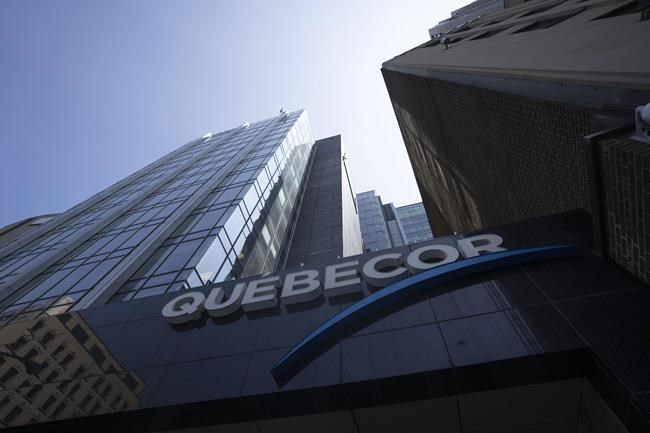Quebecor Inc.'s Fizz is expanding to Ontario, Manitoba, Alberta and B.C. through a framework that allows regional cellphone providers to compete across Canada using networks built by its larger rivals.
The flanker — a term commonly used to describe discount brands owned by major carriers — says it will offerintroductory plans starting at $14 a month in certain regions of those four provinces.
Since launching in 2018 as a discount carrierin Quebec, Fizz has served as Quebecor's alternative to its traditional wireless carrier Videotron.
The expansion outside Quebec follows a four-month trial.Fizz says new customers in the four provinces will be able to keep their plans and rates for as long as they like, as the company is promising "no end dates" and "no haggling" on its part.
It's also planning toextend its reach to more towns and regions of those provinces within a few months, with the goal of eventually offering service to 90 per cent of the Canadian population.
The expanded service will, in part, operate using Quebecor's current infrastructure, which exists in mostly urban areas of Ontario, Alberta and B.C.
In less dense regions of those provinces, as well as Manitoba — where the company has not built its own network — the service will operate through rival carriers' networks under Canada's mobile virtual network operator (MVNO) framework.
In 2021, the CRTC announced a policy allowing regional providers to compete as MVNOs using networks built by large companies. Then in May of last year, the federal telecommunications regulator ordered major carriers to negotiate access agreements to their networks.
The CRTC said the move was meant to increase cellphone competition, giving regional carriers a presence in parts of Canada they did not previously serve. Regional competitors are required to then build their own networks in those areas within seven years as part of the framework.
Martin Gendron, general manager of Fizz, said the expansion's trial run allowed the company to test cellphone coverage when transitioning from one network to another. He said Fizz made minor tweaks to ensure the process is seamless.
"Outside the urban areas, we are using the other incumbents' networks and it works fine," Gendron said in an interview.
"It's definitely an enabler for us to expand across Canada."
He said depending on the success of the brand in "less urban markets," Fizz will evaluate whether it makes financial sense to keep expanding under the MVNO framework.
"Because then we have an obligation to build our network within seven years," Gendron said.
"Then it's a matter of economics. We'd like that and we hope that the MVNO framework will continue to evolve."
Fizz says its beta testers will be able to maintain their deeply discounted rates for six months after the start of their subscription "as a token of appreciation."
"We are grateful to the thousands of beta testers who were the first to experience Fizz outside Quebec,” said Quebecor president and CEO Pierre Karl Péladeau in a statement.
“They have influenced the development of our plans, our technology and our services, enabling us to bring Fizz at its best to more consumers across Canada. I thank our many testers for being part of this exciting development in the telecom industry.”
Along with its expansion, Fizz says it is making its SIM cards available at 139 Circle K locations in B.C. and Alberta.
Customers can order a SIM card online or pick one up in store.
This report by The Canadian Press was first published April 10, 2024.
Companies in this story: (TSX:QBR.B)
Sammy Hudes, The Canadian Press



